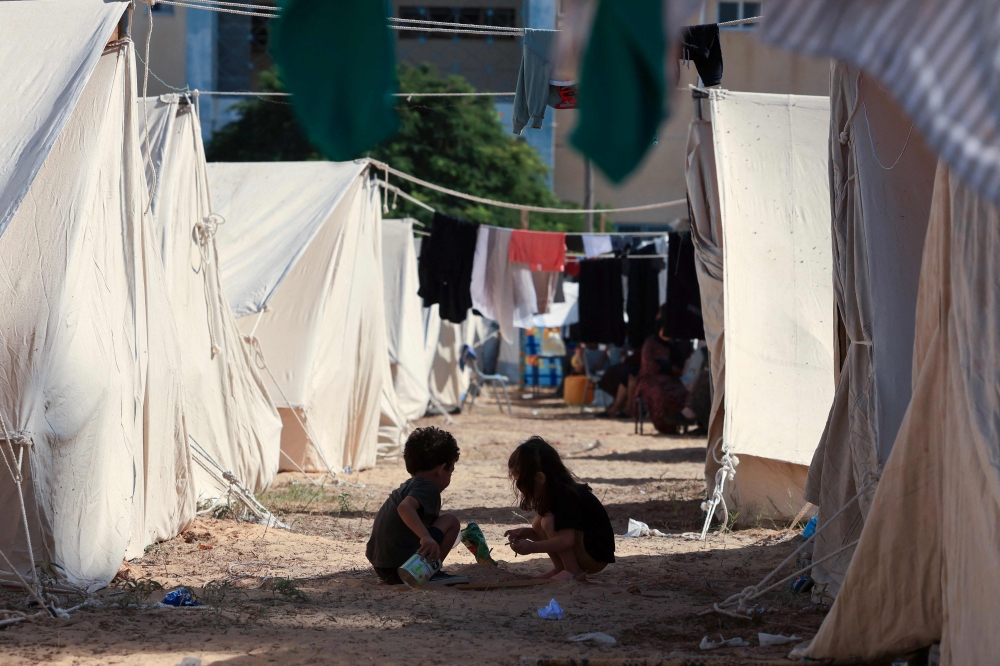NOVEMBER 8 — The Human Rights Commission of Malaysia (Suhakam) is devastated with the escalating conflict between Palestine and Israel, which verges on genocide. During a recent visit to the Embassy of the State of Palestine, Suhakam was informed that the daily attacks on Palestine have led to a distressing surge in the loss of lives in just 30 days after the war began. The casualty count in Gaza has now exceeded 10,000 of which 4,800 are children. It is estimated that the remains of approximately 2,660 individuals and 1,270 missing children lie beneath building rubble.
In light of the above, Suhakam wishes to draw attention to the increasingly pressing issue of Palestine refugees fleeing conflict and seeking refuge in Malaysia. There are sizeable Palestinian refugee communities including children and young adults in Serdang, Kajang, Gombak, Ampang and Klang Valley who do not have access to education or face prohibitive procedural requirements. The development of a comprehensive and robust framework is needed to better handle the influx of refugees, particularly those fleeing Palestine and other war-torn regions. It is essential for Malaysia to formulate strategies and policies that take into account our humanitarian duty, national interests, and the principle of non-refoulement under international human rights law.

The principle of non-refoulement guarantees that no one should be returned to a country where they would face persecution, torture, cruel, inhuman or degrading treatment, or punishment and other irreparable harm. This principle applies to all refugees and asylum seekers. The framework should ensure refugees’ access to rights and essential services such as healthcare, education, and employment. This involves addressing intricate issues, such as the status of refugees who finish their studies in Malaysia. We need clear guidelines on whether they must leave the country after graduation and the conditions for re-entry. For instance, in higher education, the requirement for refugee students to return to their home country before switching to other Malaysian higher institutions should be removed. In other words, new policies should enable, create bridges, not hurdles, for positive improvements.
It is essential for Malaysia to revise existing policies and formulate strategies that consider the amendment of employment laws and the immigration act to accommodate refugees, enabling them to contribute to our society while upholding their dignity and rights under the umbrella of non-refoulement.
Regardless of Malaysia’s stand on the 1951 Refugee Convention, it is a humanitarian issue that we must all come together to address. It is our collective responsibility as a nation and as global citizens to ensure the wellbeing of all those who find themselves without a homeland, seeking refuge on our land.
*This is the personal opinion of the writer or publication and does not necessarily represent the views of Malay Mail.





















